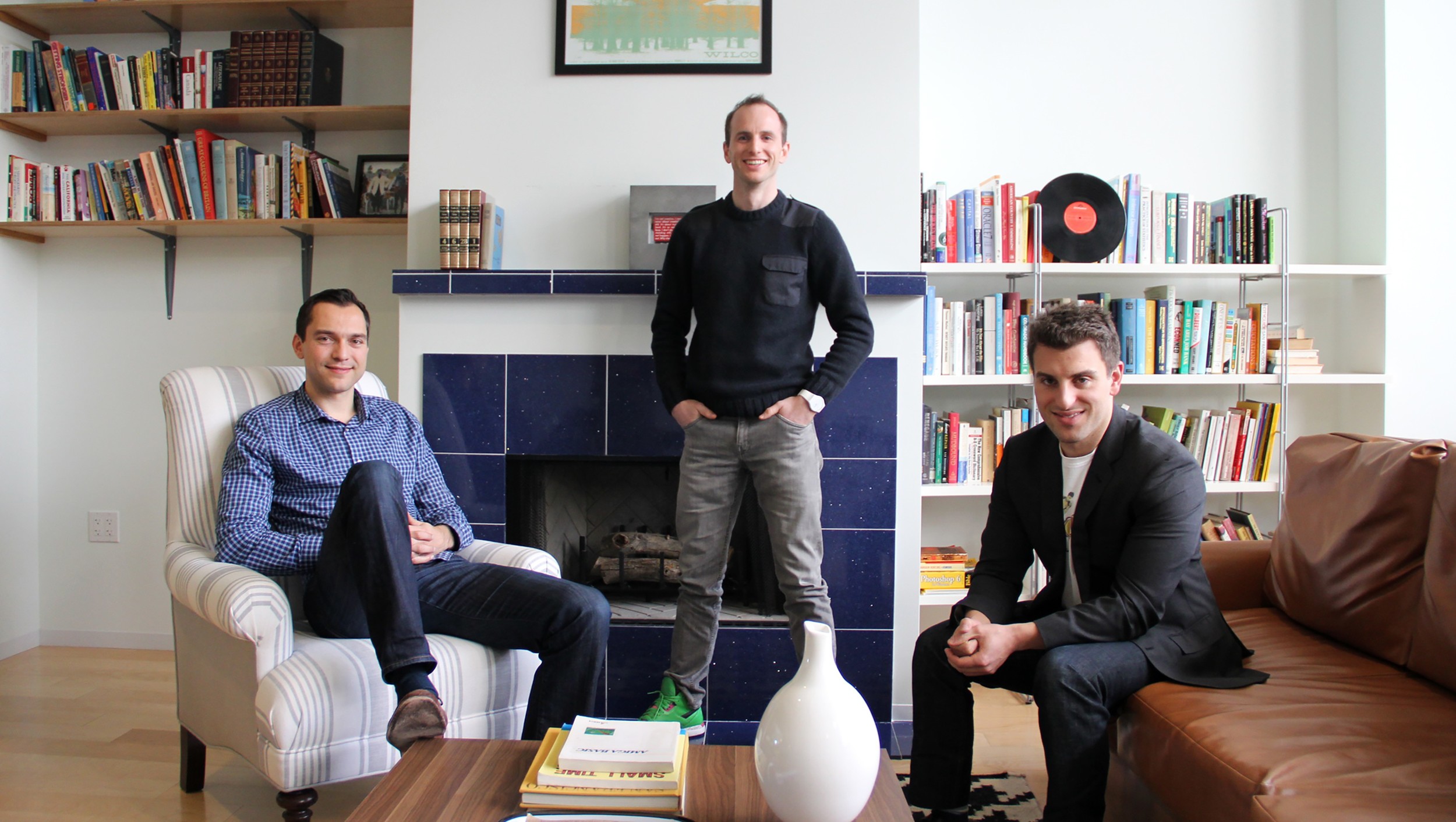This last week was a rough one to market the peer economy. Berlin recently announced that Uber was effectively prohibited from their city while several others, such as Barcelona and London, continue to voice adamant opposition to rideshare services. As per usual, Airbnb is faced with challenges across the globe.
Justin Sullivan - Getty Images
In addition, the peer economy is constantly being critiqued in the media. Time.com recently posted an article titled "6 Horrible Things the Sharing Economy is Being Accused Of". Sabotaging each other, wrecking the housing market, and illegal currency trading were a few of the troubling accusations listed. The article highlights that the shared economy can be "brutally cut-throat in the way that seemingly everything and everyone is monetized", which unfortunately, has resulted in a slew of negative press.
The New York Times recently did a profile piece on a few sharing economy employees, specifically highlighting a mother of 3. The Times followed Jennifer Guidry on a 19 hour work day, doing everything from giving rides, to cooking private meals. Guidry talks about how the sharing economy gives her the flexibility she needs to spend time with her kids but comes with the instability of any ad hoc job.
“I like my freedom — fixing someone’s cabinet, driving, pulling up weeds, cooking,” she told me as we sat in her dining room on Monday morning, recapping her weekend of work. “I would not like to do any of those things as a full-time job.”
Guidry sheds light on what it is really like to work in the gig economy, and what the payoff is. While she enjoys her work, the article poses concerns about the lack of stability and benefits that come with a traditional full time job. While some platforms have started to offer some services to employees, such as discount health insurance and accounting services, economists worry that it may not be enough.
While some may see the sharing economy's recent increase in negative media as a sign of impending doom, this could be a very unique opportunity for the sharing community. Watching an economic movement develop in real time has never really been an option before. Enthusiasts can use this advantage to approach issues as they occur and come up with solutions before they become a characteristic of the collaborative economy. The question is whether or not we are willing to utilize this opportunity as a community or if the competitiveness of business will prevail.
What do you think?









